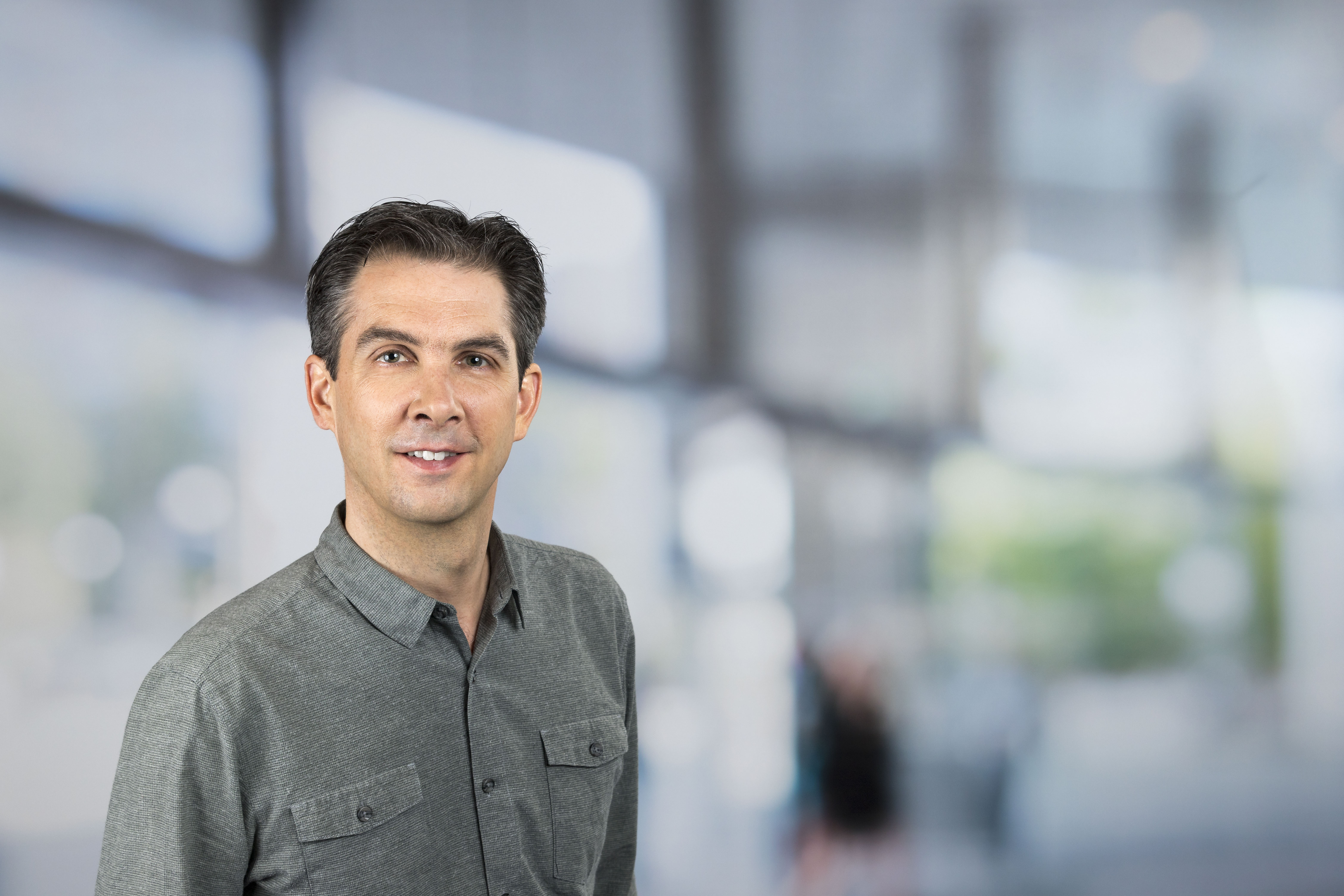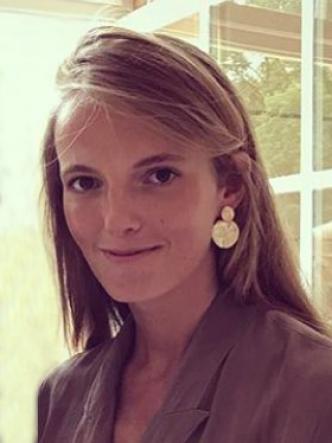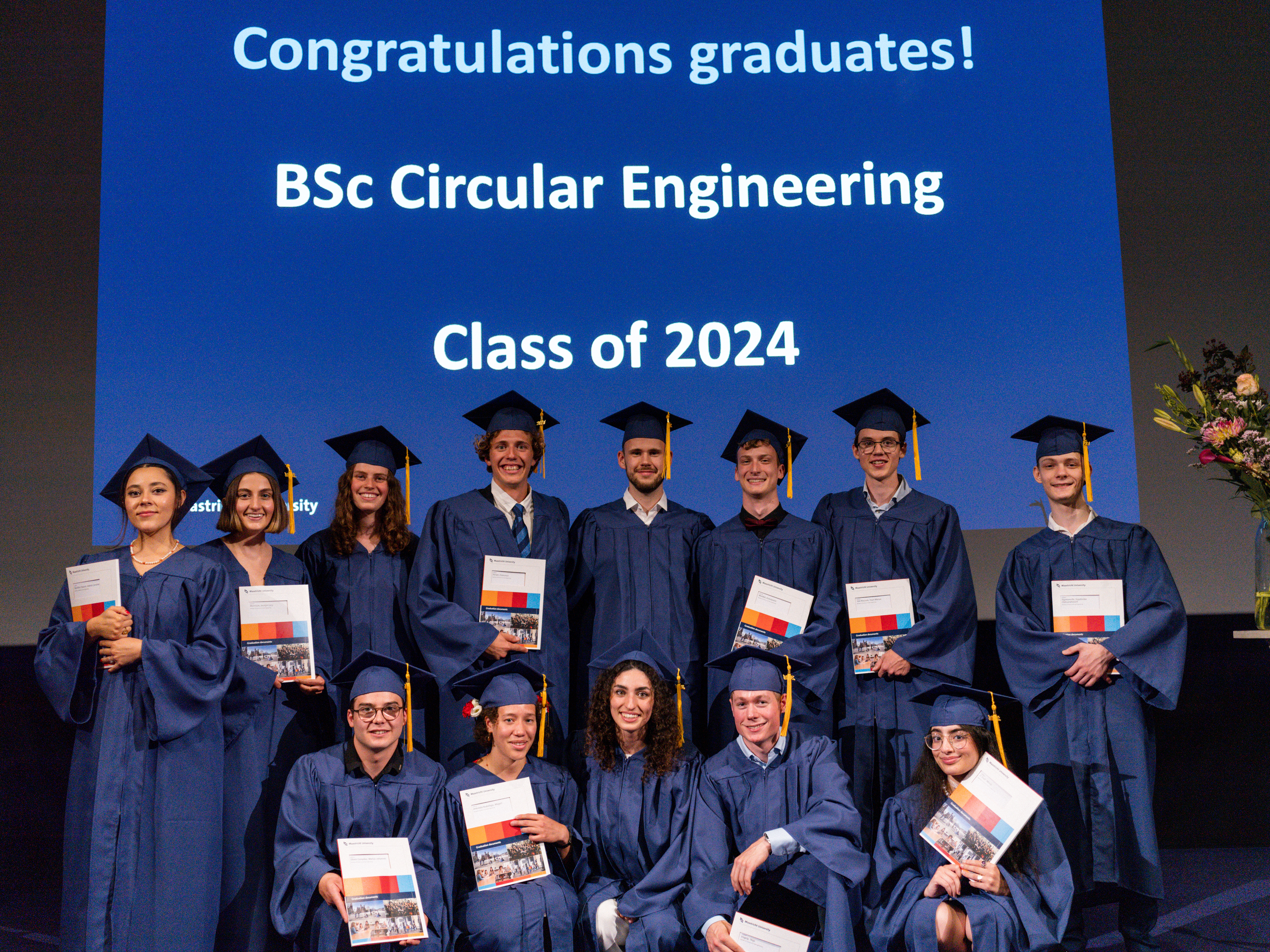Dr. Ramon Ottenheijm secured a grant for Early Knee Osteoarthritis Detection with AI
Dr. Ramon Ottenheijm, a researcher at CAPHRI, secured a NWO-Dutch Arthritis Society grant of 945,000 euros to develop and test a smartphone-based point-of-care (POC) ultrasound application with artificial intelligence (AI) for the early detection of knee osteoarthritis. Dr. Ramon Ottenheijm (Dept. of Family Medicine) is a general practitioner specialized in musculoskeletal disorders and a clinical and research expert in POC ultrasound.
Knee osteoarthritis presents diagnostic challenges, particularly in its early stages. Enhancing early diagnosis is important, especially in general practice, where most patients initially seek help for knee pain. The proposed smartphone-based POC ultrasound application with AI holds promise in addressing this diagnostic challenge for general practitioners. By facilitating earlier diagnosis, it offers potential biomarkers for precision medicine and disease monitoring. AI-driven POC ultrasound eliminates the observer dependency that characterizes ultrasound and minimizes training needs. This project will also evaluate user acceptance, assess clinical and psychosocial impacts, and provide implementation training, recognizing the innovative nature of the application.
This project will be carried out in collaboration with Prof. Dr. Jochen Cals and Dr. Jesse Janssen of the Dept. of Family Medicine, the Dept. of Radiology of Radboudumc (prof. Chris de Korte), Telemed, Sonoskills, Ardim, Het Beweeghuis (dr. Tim Boymans) and Het Beweegkader.

Also read
-
Aleksandra Komornicka has received a Veni grant of € 320,000 from NWO for her project ‘The Market Next Door: Western European Multinationals and the Remaking of Central Europe, 1969-1993’.
-
"We are the pioneers in a brand-new field of engineering sciences, not just in Maastricht but globally as well", says Francesco Ferrari about the group of thirteen students, himself included, who in July received the first bachelor's degree in Circular Engineering.
-
Moving orange spots on a yellow background are the first indication that something unusual is taking place in Maastricht's limestone quarry, Sint-Pietersberg. A closer look reveals that these are people clothed in orange vests. They are Maastricht Science Programme students and supervisors.

